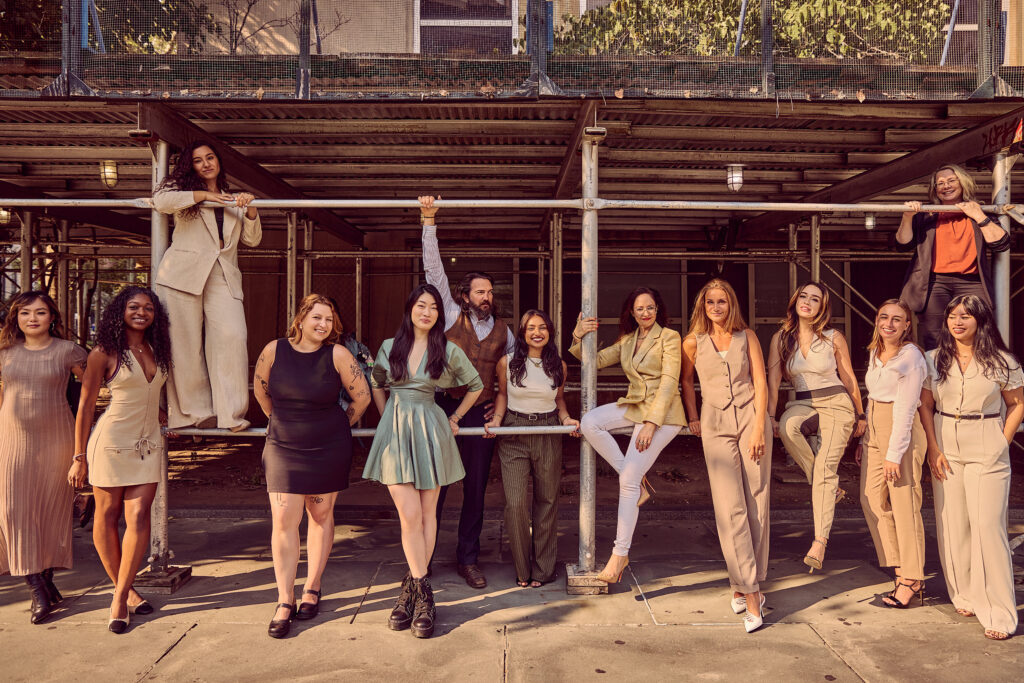We Are Cutting edge litigators against big tech and powerful predators at work, home, school, and online
C.A. Goldberg, PLLC, is the country’s first law firm dedicated to justice for victims catastrophically injured by human maniacs and inhumane tech platforms. Since 2014, we’ve been at the forefront shutting down some of the worst humans and platforms (e.g. Harvey Weinstein, Omegle, GirlsDoPorn) and have litigated some of the most influential cases – against Amazon, Snap, Meta – reining in the tech companies that thought they were above the law.
Get in Touch




